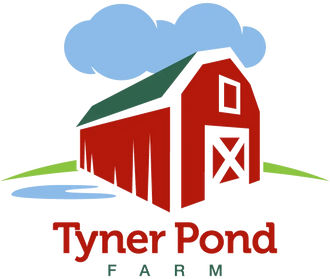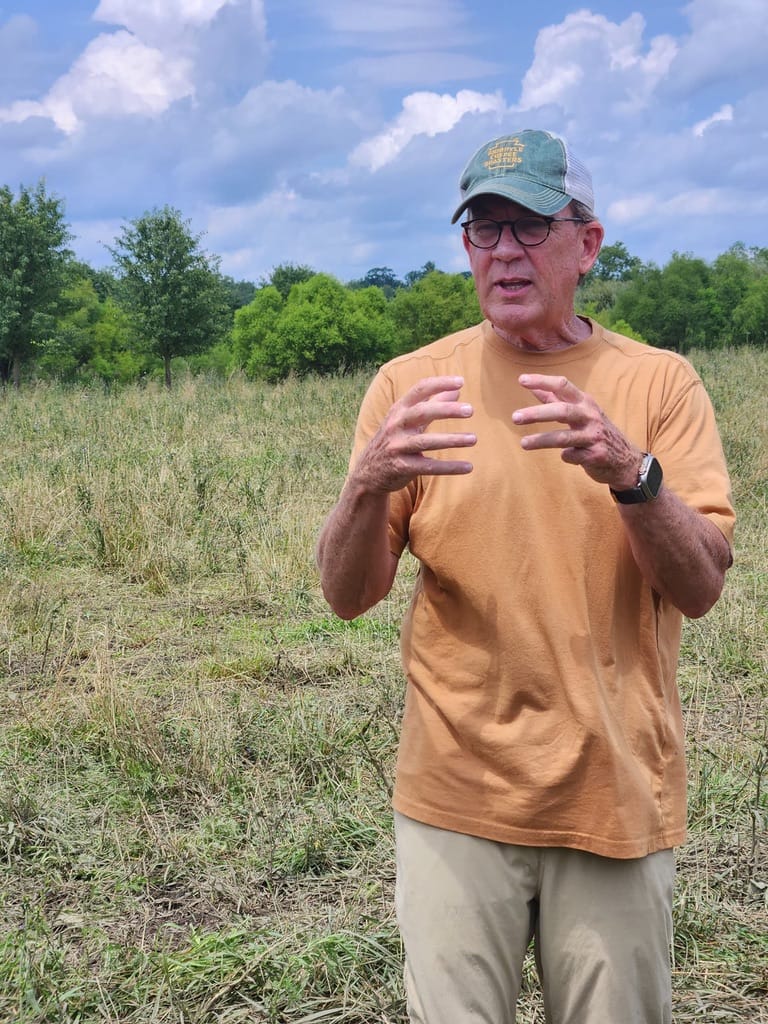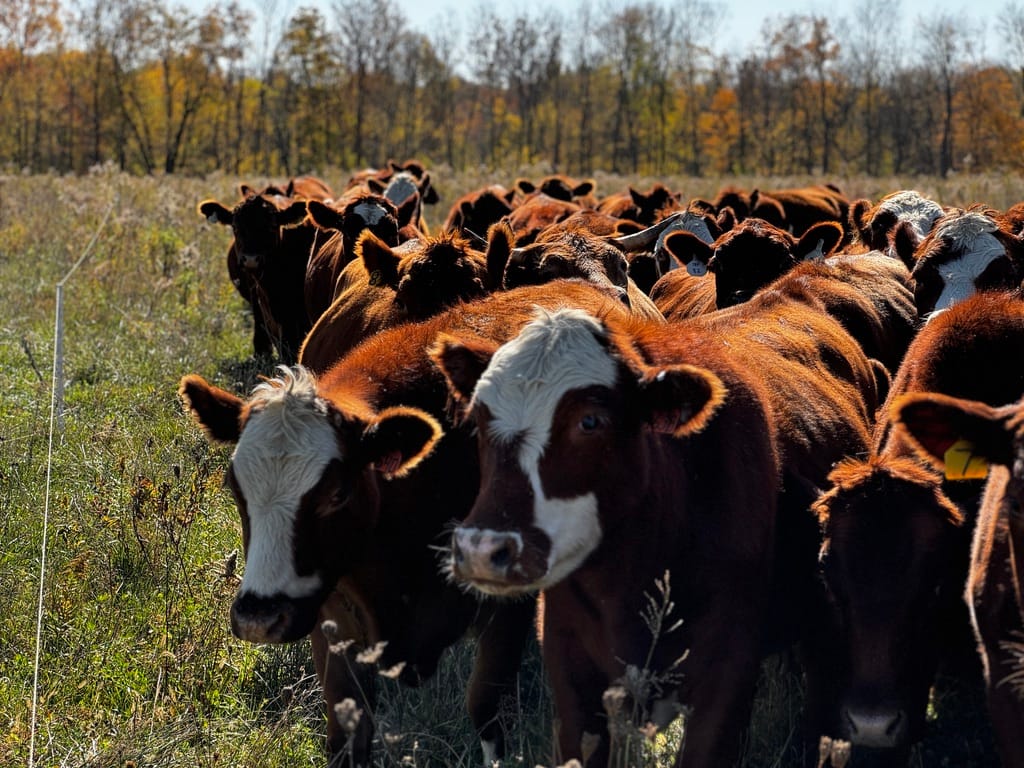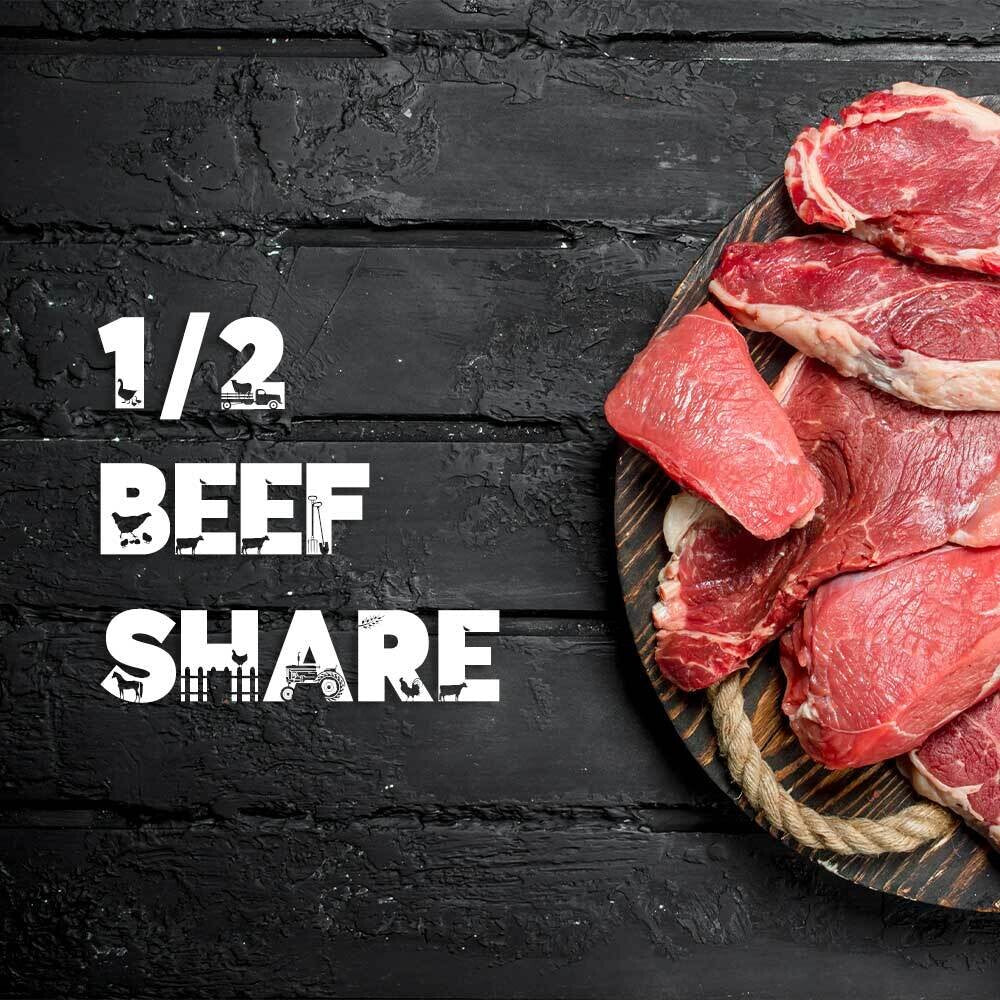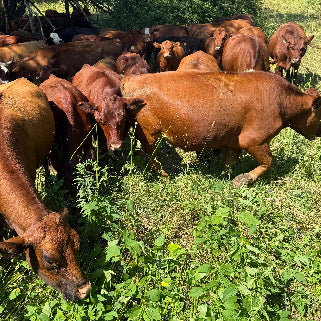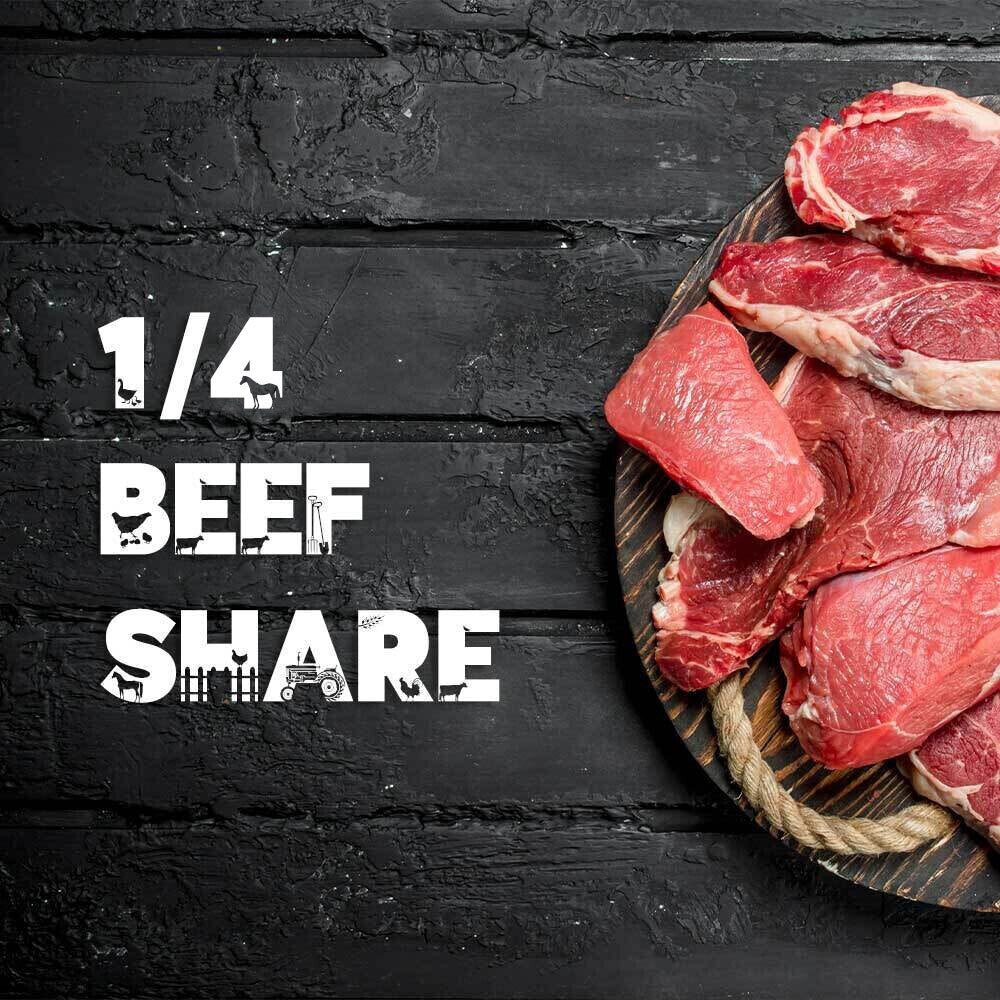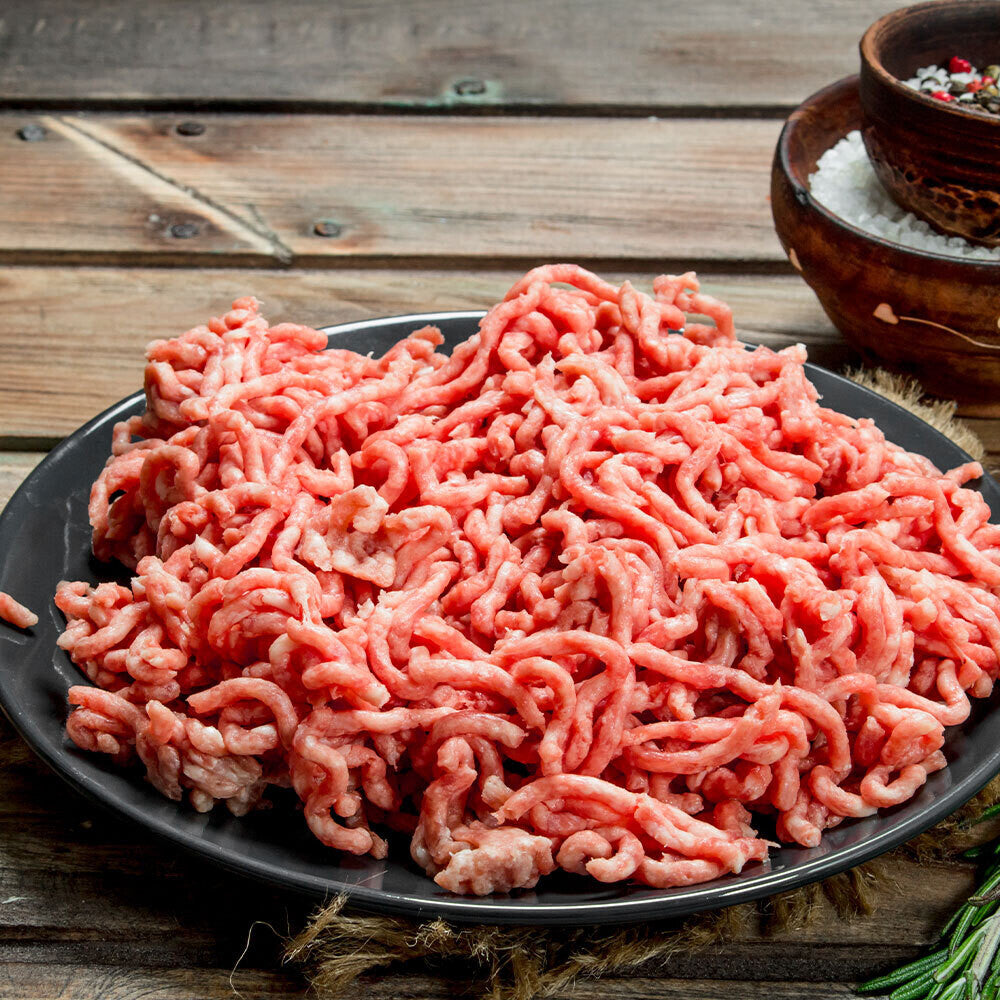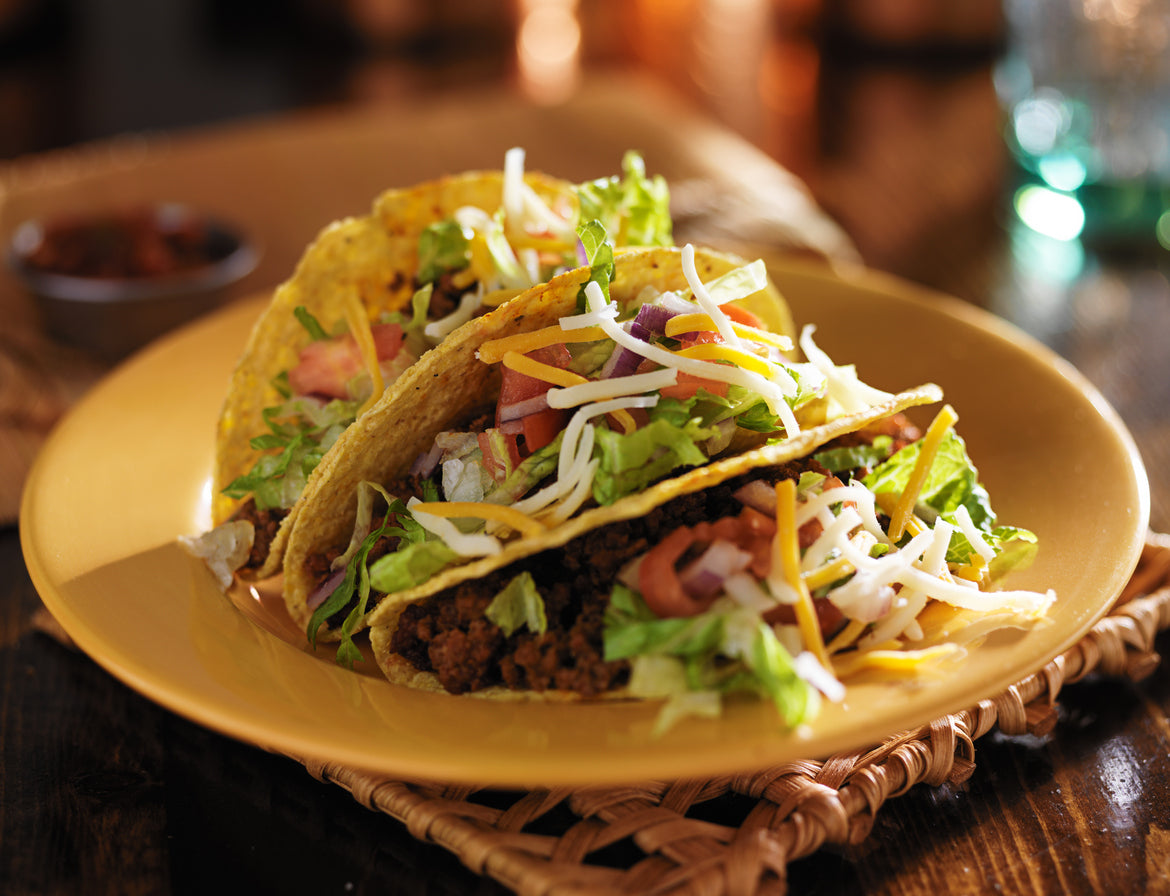
Earth Day: The Power of Your Plate and Localist-Minded Environmentalism
My first encounter with Earth Day was in 4th grade at my elementary school back in 1970. It was such a monumental event that it ignited a lifelong passion for the environment. I spent a decade working as a whitewater river guide, witnessing firsthand the transformation of once-pristine rivers into ones where I hesitated to swim, let alone drink from.
This deepening concern for the environment led me to pursue higher education at Evergreen State College, where I studied environmentalism and management in the public interest. During this time, I was fortunate to work on a small dairy farm in Pennsylvania. It was there that I saw the struggles of the last generation of small-scale dairy farmers, as they were increasingly pushed out by the seemingly more efficient industrial dairies.
By sharing these experiences, I hope to convey the importance of protecting our environment and supporting sustainable agricultural practices for the well-being of both our planet and future generations.
 Farming in 1979 on a dairy in Pennsylvania
As we celebrate Earth Day, at Tyner Pond Farm we're reminded of the importance of environmental stewardship and the responsibility we all share to protect our planet. As a small regenerative farm in Indiana, we are passionate about providing grass-fed beef and pasture-raised chickens to our community as a way positively impact our local environment. We firmly believe in localist-minded environmentalism, which emphasizes the connection between local agriculture and global sustainability.
Farming in 1979 on a dairy in Pennsylvania
As we celebrate Earth Day, at Tyner Pond Farm we're reminded of the importance of environmental stewardship and the responsibility we all share to protect our planet. As a small regenerative farm in Indiana, we are passionate about providing grass-fed beef and pasture-raised chickens to our community as a way positively impact our local environment. We firmly believe in localist-minded environmentalism, which emphasizes the connection between local agriculture and global sustainability.
 Grass Fed Beef in Early Spring
Joel Salatin, a pioneer in the sustainable farming movement, has inspired us with his philosophy of ecological farming practices. In his words, "We're not farming organically, we're farming ecologically." So today, on Earth Day, let's explore the significance of supporting environmentally focused local farms and how ordering directly from them can make a difference.
Grass Fed Beef in Early Spring
Joel Salatin, a pioneer in the sustainable farming movement, has inspired us with his philosophy of ecological farming practices. In his words, "We're not farming organically, we're farming ecologically." So today, on Earth Day, let's explore the significance of supporting environmentally focused local farms and how ordering directly from them can make a difference.
 Cattle Rotation..before and after
Regenerative farming practices, like those we use at Tyner Pond Farm, work to restore and revitalize the land. By rotating our cattle and chickens through pastures, we are able to maintain a symbiotic relationship between our animals and the land. This approach enhances soil fertility, increases biodiversity, and sequesters carbon, helping to mitigate climate change.
Cattle Rotation..before and after
Regenerative farming practices, like those we use at Tyner Pond Farm, work to restore and revitalize the land. By rotating our cattle and chickens through pastures, we are able to maintain a symbiotic relationship between our animals and the land. This approach enhances soil fertility, increases biodiversity, and sequesters carbon, helping to mitigate climate change.
 Farming in 1979 on a dairy in Pennsylvania
As we celebrate Earth Day, at Tyner Pond Farm we're reminded of the importance of environmental stewardship and the responsibility we all share to protect our planet. As a small regenerative farm in Indiana, we are passionate about providing grass-fed beef and pasture-raised chickens to our community as a way positively impact our local environment. We firmly believe in localist-minded environmentalism, which emphasizes the connection between local agriculture and global sustainability.
Farming in 1979 on a dairy in Pennsylvania
As we celebrate Earth Day, at Tyner Pond Farm we're reminded of the importance of environmental stewardship and the responsibility we all share to protect our planet. As a small regenerative farm in Indiana, we are passionate about providing grass-fed beef and pasture-raised chickens to our community as a way positively impact our local environment. We firmly believe in localist-minded environmentalism, which emphasizes the connection between local agriculture and global sustainability.
 Grass Fed Beef in Early Spring
Joel Salatin, a pioneer in the sustainable farming movement, has inspired us with his philosophy of ecological farming practices. In his words, "We're not farming organically, we're farming ecologically." So today, on Earth Day, let's explore the significance of supporting environmentally focused local farms and how ordering directly from them can make a difference.
Grass Fed Beef in Early Spring
Joel Salatin, a pioneer in the sustainable farming movement, has inspired us with his philosophy of ecological farming practices. In his words, "We're not farming organically, we're farming ecologically." So today, on Earth Day, let's explore the significance of supporting environmentally focused local farms and how ordering directly from them can make a difference.
The Impact of Industrial Agriculture
The modern food system has become increasingly industrialized, which often involves large-scale monoculture farming practices that can be detrimental to the environment. These practices can lead to soil degradation, water pollution, and loss of biodiversity. By choosing to support local, regenerative farms, you are not only voting with your dollars for a more sustainable food system, but also fostering a healthier environment for future generations.The Benefits of Regenerative Farming
 Cattle Rotation..before and after
Regenerative farming practices, like those we use at Tyner Pond Farm, work to restore and revitalize the land. By rotating our cattle and chickens through pastures, we are able to maintain a symbiotic relationship between our animals and the land. This approach enhances soil fertility, increases biodiversity, and sequesters carbon, helping to mitigate climate change.
Cattle Rotation..before and after
Regenerative farming practices, like those we use at Tyner Pond Farm, work to restore and revitalize the land. By rotating our cattle and chickens through pastures, we are able to maintain a symbiotic relationship between our animals and the land. This approach enhances soil fertility, increases biodiversity, and sequesters carbon, helping to mitigate climate change.
Connecting with Your Local Food System
There's something special about knowing where your food comes from and understanding the story behind it. By ordering directly from local farms, you not only support small businesses and family farmers, but also help to build a resilient local food system. This strengthens our connection to the land and the people who care for it, cultivating a sense of community and appreciation for the environment.How You Can Make a Difference This Earth Day
On this Earth Day, we invite you to reflect on the power of your plate and how the choices you make can impact the environment. Here are a few ways you can support local, environmentally focused farms:- Order Directly: Purchasing your grass-fed beef and pasture-raised chickens directly from Tyner Pond Farm ensures that you're getting the highest quality products while supporting our regenerative practices. Visit our website or farmer's market stand to explore our offerings.
- Educate Yourself and Others: Learn about the benefits of regenerative farming and localist-minded environmentalism, and share this knowledge with friends and family. The more people are aware of the alternatives to industrial agriculture, the stronger our movement becomes.
- Cook and Eat Seasonally: Embrace the natural rhythms of the Earth by cooking with seasonal ingredients. This not only supports local farmers, but also reduces the environmental impact of transporting out-of-season produce. this may be the biggest challenge, but avoiding imported out of season food will have the greatest positive impact on the environment.
- Get to Know Your Local Farmers: We are real people. Reach out to the farmers in your community, ask questions, and understand the differences in their practices. If possible, visit their farms in person to see their methods firsthand. Building a relationship with those who produce your food not only strengthens your connection to the land but also helps you make informed choices about the food you consume.
Tags:
Previous post
Localist-Minded Environmentalism: How Tyner Pond Farm is Building a Sustainable and Resilient Food System with Consumer Support
Next post
